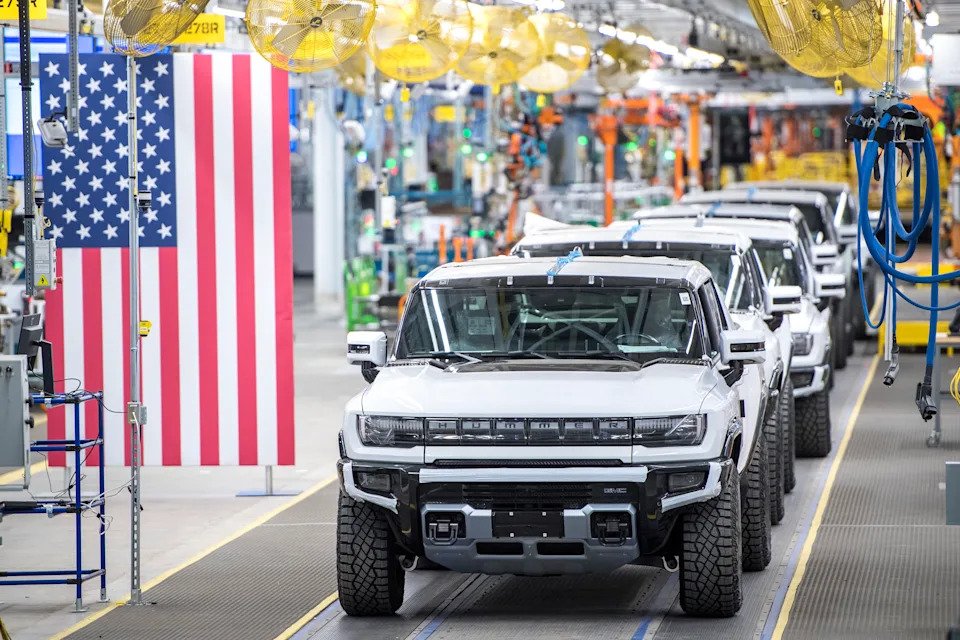
Trump's tariffs are pummeling top automakers. The hit is $11.7 billion — and climbing
Key Points
- Toyota, the world's largest automaker, reported a $3 billion loss in operating income for Q1 due to President Trump's tariffs, contributing to a cumulative $11.7 billion hit across major automakers.
- Tariffs impact not only imports from Japan (15%) but also broader auto sector tariffs (25%) affecting operations in Canada and Mexico, hitting companies like Ford, GM, and Stellantis under the USMCA.
- Even Tesla, producing vehicles in the US, faced a $300 million tariff cost on auto parts like EV batteries, with full impacts expected in future quarters.
- Automakers are considering raising prices or shifting production to the US, but building new factories or retooling existing ones involves significant time and investment (3-5 years, $0.5-2 billion).
- GM plans to invest $4 billion to move production of vehicles like the Chevrolet Blazer to the US by 2027, while Honda explores adding shifts to US facilities to mitigate tariff effects.
Summary
President Trump's tariffs have significantly impacted the auto sector, with Toyota, the world's largest automaker, reporting a $3 billion loss in Q1 operating income, contributing to a cumulative $11.7 billion hit across major automakers like Volkswagen, GM, Ford, and Honda. Tariffs, including 15% on Japanese imports and 25% on broader auto sector goods from Canada and Mexico, affect even US-based companies like Tesla, which faced a $300 million cost on EV parts. Automakers are grappling with responses, such as raising prices or shifting production to the US, though new factories or retooling require years and billions in investment. GM plans a $4 billion investment to relocate production by 2027, while Honda considers additional US shifts. However, experts warn that costs will likely be passed to consumers, with price hikes expected this fall and beyond, impacting all vehicle buyers regardless of origin. The long-term challenge remains balancing tariff costs against massive investments in US production.
yahoo
August 10, 2025
Stocks


